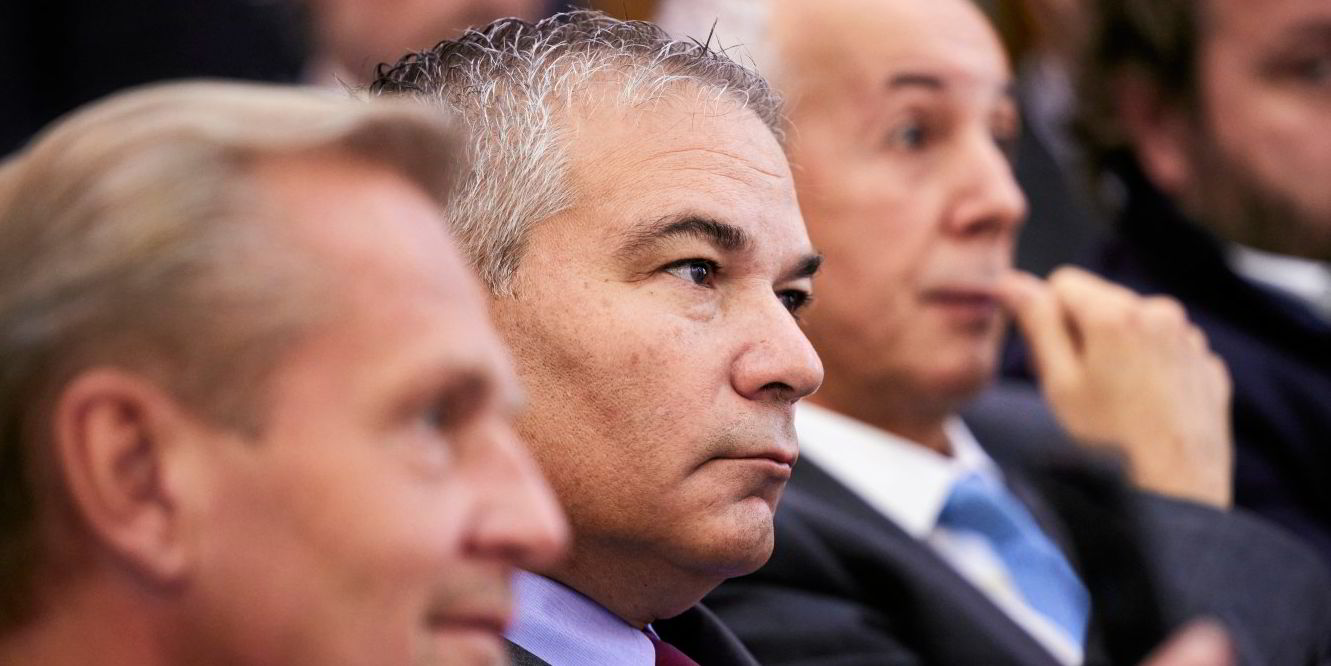It was another quarter of profits and dividend distributions for Connecticut-based Eagle Bulk Shipping, but the company reported lower numbers across the board that showed the effects of a cooling dry bulk market.
Gary Vogel-led Eagle turned in a net profit of $77.2m, or $5.94 per share, which was slightly weaker than the $78.3m and $6.12 per share reported in the third quarter of 2021.
Eagle’s reporting is complicated, however, in that it also reports adjusted numbers that reflect the impact of non-cash derivatives and also diluted numbers that account for the impact of $114m in convertible notes set to mature in August 2024.

Adjusted net income was $74.3m or $5.72 per share, while diluted net income was $4.77 per share.
Eagle declared a dividend of $1.80 per share, which reflects 30% of net income. That is is its minimum target level. The owner has now distributed $10.05 in dividends over the past year.
“We posted another robust quarterly result of $77.2m as our team successfully navigated a volatile landscape,” Vogel said in the earnings report.
The consensus expectation of Wall Street analysts was $4.64 per share, although different analysts seem to be using different measures for the calculation.
Eagle also used the profitable quarter to make a dent in that convertible debt. The company bought back $10m worth of the 5% notes and retired them. This equates to 9% of the notes outstanding.
Eagle was able to view the purchase as both a debt reduction and an indirect form of shares buyback, as the notes repurchased were equivalent to about 297,000 common shares.
The New York-listed oufit is a major owner of mid-sized tonnage in the supramax and ultramax categories, and the result reflected an ability to continue besting relevant market indices.
Eagle earned a time-charter equivalent (TCE) figure of $28,099 per day in the quarter, which reflected a roughly 46% premium to the Baltic Supramax Index average of about $19,000 per day.
However, Eagle is also reporting TCE guidance of $25.040 for the current quarter with 70% of days booked, showing the impact of continued market weakening, although to still-profitable levels.
Vogel attributed the performance to “our commercial platform and dynamic approach to trading ships, as well as our ability to capture significant value from fuel spreads as a result of our fleet scrubber position.”
Eagle has exahaust gas scrubbers on nearly all of its 52 vessels.
TCE revenue was $128.9m, down from $138.2m last quarter. Eagle’s TCE rate of $28,100 per day fell from $30,207 in the second quarter, when the BSI average was $28,000 per day.
Eagle’s gross Ebitda was $96m for the quarter, or $85m on an adjusted basis. Both were down from the $102.6m raw figure in the second quarter. Analysts projected a figure of $88.8m.





